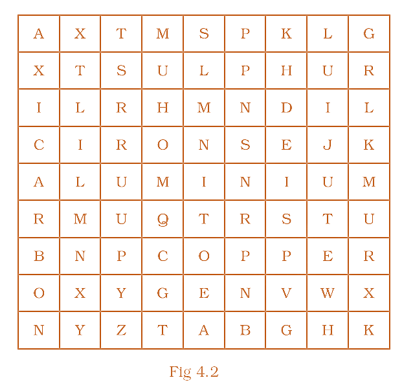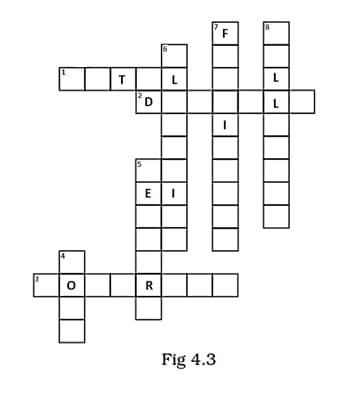NCERT Solutions for Chapter: Materials Metals and Non-Metals, Exercise 4: LONG ANSWER QUESTIONS
NCERT Science Solutions for Exercise - NCERT Solutions for Chapter: Materials Metals and Non-Metals, Exercise 4: LONG ANSWER QUESTIONS
Attempt the practice questions on Chapter 4: Materials Metals and Non-Metals, Exercise 4: LONG ANSWER QUESTIONS with hints and solutions to strengthen your understanding. NCERT Exemplar Science - Class 8 solutions are prepared by Experienced Embibe Experts.
Questions from NCERT Solutions for Chapter: Materials Metals and Non-Metals, Exercise 4: LONG ANSWER QUESTIONS with Hints & Solutions
The property of metals by virtue of which they can be drawn into wires is called ductility.
Metals are good conductors of electricity but poor conductors of heat.
Articles made of metals produce ringing sound when struck hard.
Oxides of non-metals and metals are acidic in nature.
A less reactive metal replaces a more reactive metal from its salt solution in water.
Iron is more reactive than copper. Can you write an activity to show this?
Find out the names of three metals and three non-metals from the box given as Fig 4.2.

Complete the crossword given in Fig. 4.3 with the help of the clues.

Across
1. Which is generally hard, ductile, malleable and sonorous.
2. A metal is called so it can be drawn into wires.
3. Metal bells are used because of this property.
Down
4. A metal generally used for making jewellery.
5. A metal which is liquid at room temperature.
6. A metal which reacts with acid as well as a base to form hydrogen gas.
7. Substances used to enhance the growth of plants.
8. Property by virtue of which metals can be beaten into thin sheets.
